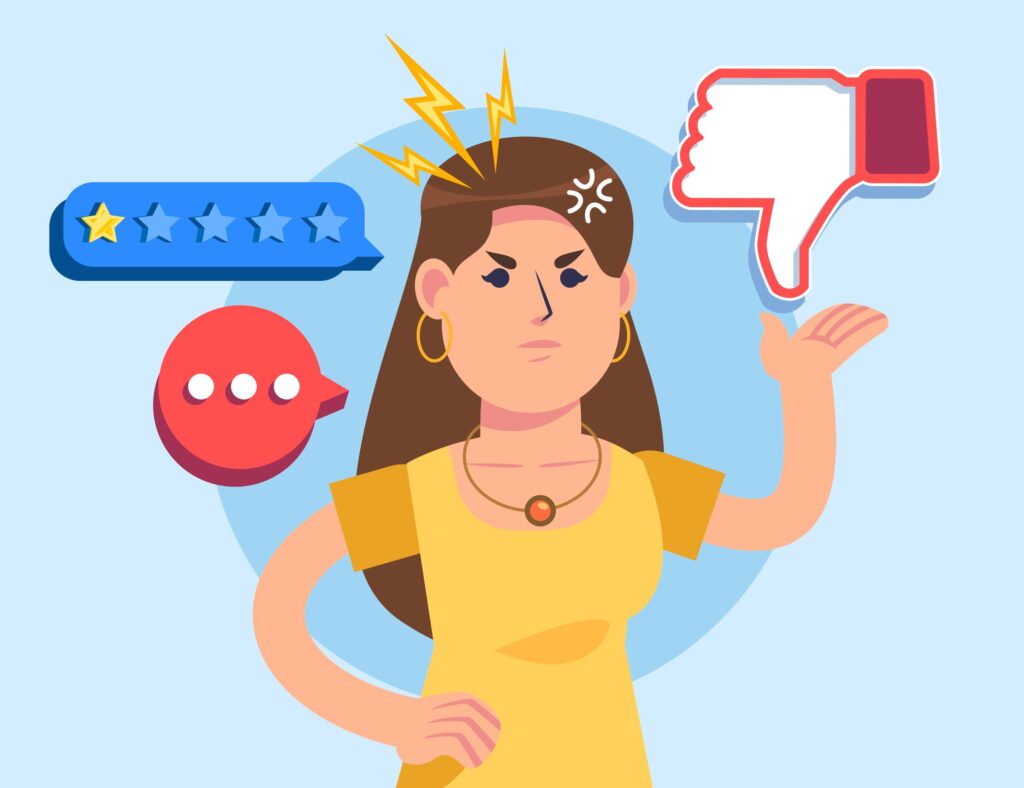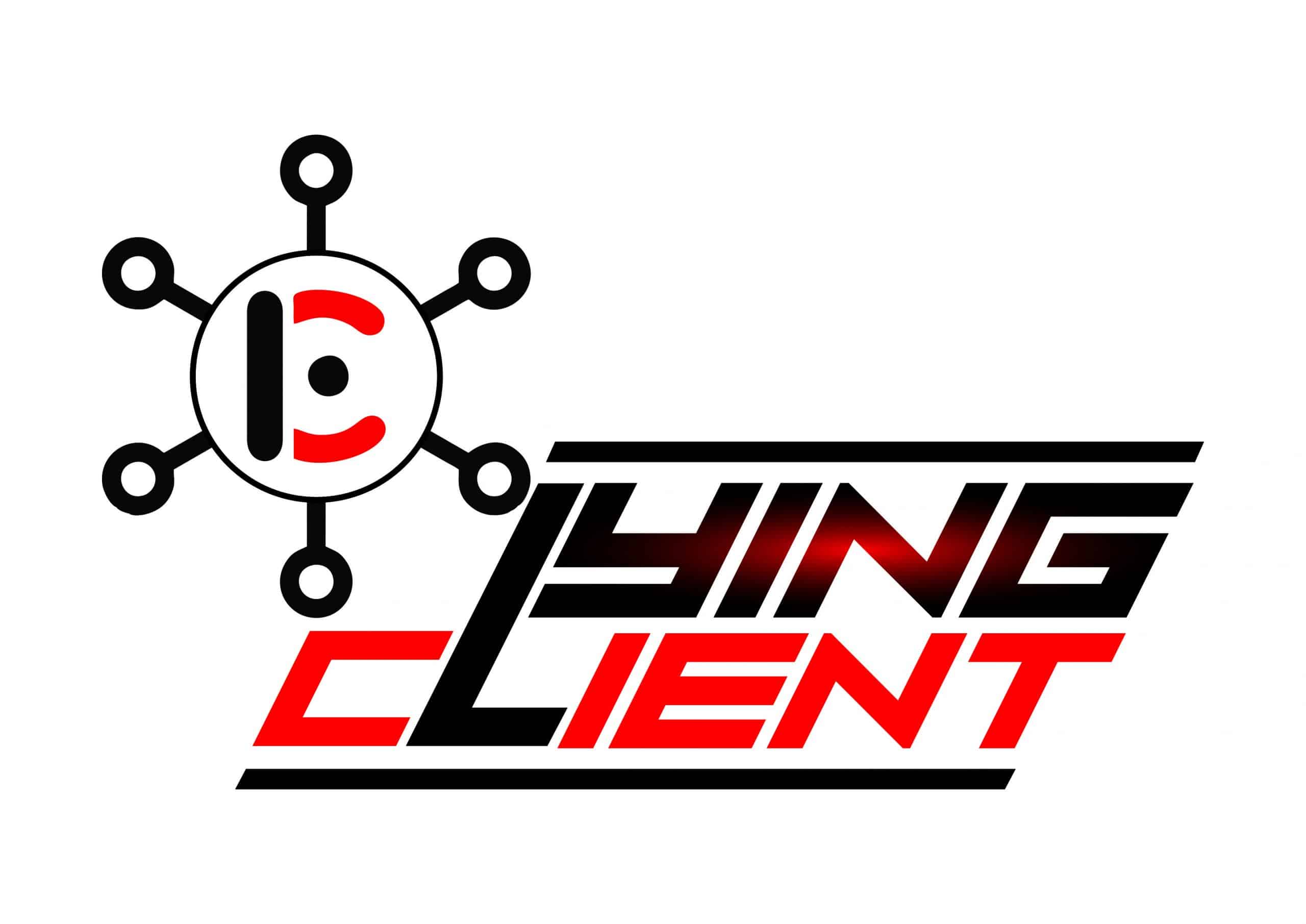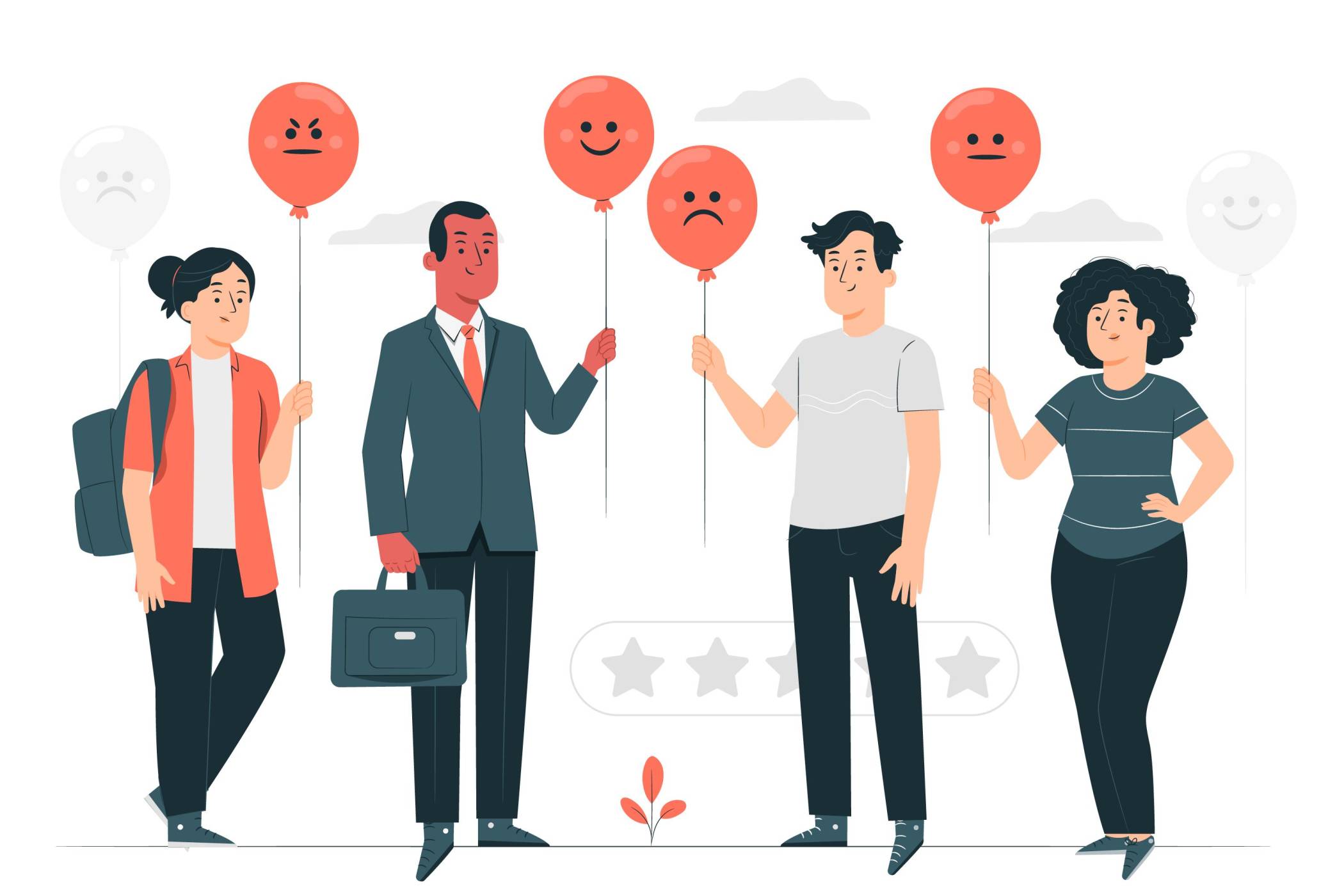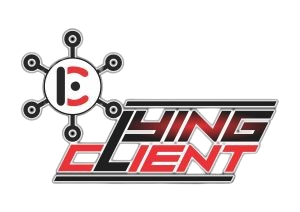How to identify Karen customers? We’ve all heard that Karen customers can be difficult to handle. The effects of having Karen customers can impact different aspects of your business, too. They can cause churn if they do not listen to your advice and don’t appreciate the value of your product.
They consume more than they share of your time as well as money. The most successful customers are those who reward us with income, referrals, and loyalty. But toxic customers can make it difficult to serve successful customers. That means everyone is in the dark.
This is why it’s crucial to be able to spot and resolve unhappy customers. We’ve listed some of the most common kinds of customers who aren’t fit, and we’ll help you recognize them and what to do next. The tips below will help you with how to identify Karen customers

How to identify Karen customers?
Refuses to pay or pays late
Your business is to earn money. If customers don’t pay, they do not earn any cash. In reality, they can cost you money. Invoices that are not paid reduce the flow of cash. Is it more important to make money or is cash flow more important for a business? The answer is both.
According to Investopedia, the business could make a profit each month, but the money is tied to accounts receivable, so there is no money for employees to be paid. It is not a good idea to find yourself in this situation.
You not only lose out on the invoice, but you’re also wasting time and effort trying to collect your payment. Every invoice you send costs you money and also costs your employees time.
If you make use of technology to collect receivables, you must pay lawyers or collections firms to convince customers to pay.
Don’t Pay Enough
Some clients will swindle and rip off your cash to the point of exhaustion. This kind of customer makes you feel defensive right from the beginning. When selling your product, they may be likely to question the validity of your pricing. For instance, if you develop a novel product, they might inquire about what they’re paying for and why you’re charging for only a few hours of work. They don’t appreciate the cost of acquiring the necessary education and expertise to present your service effectively.
This doesn’t mean that everyone seeking a bargain is a bad buyer. In the end, it’s good business. Beware of clients who complain about pricing but don’t appear to be able to comprehend your responses or reasons and accept the contract regardless.
They are usually extremely demanding after they have hired you. They’ll want to make sure they get every penny out of your pocket. They’ll have you send things back time and time again and likely underestimate the value of the work you put into it.
Unclear or changing demands
Many of the time, Karen’s customers are unclear or have shifting demands. Imagine that you and your staff work for weeks on an offer for a customer. There is nothing more frustrating than completing a task and then being told that your work isn’t in line with their expectations. The ones they didn’t mention in the first place.
It’s a fact that mistakes do occur, naturally. Sometimes bad communication can be the primary reason for not satisfying expectations. If, however, you provide your customer with what they’ve asked for and they’re dissatisfied, it’s a different issue completely.
If the customer shifts the goal line, no one is able to score. The effort is wasted, and you have a dissatisfied customer to deal with. If you bring up the customer’s behavior, you appear as if you’re trying to justify your actions.
Find these clients early due to changing expectations and an absence of participation during check-ins.
Initial demands from customers tend to be vague and chaotic. It’s difficult to offer outstanding customer service when you don’t know what your client wants.
Unavailable When Needed
Although some customers aren’t profitable because they use up lots of resources, others cause issues because they don’t talk with you enough. Consider the client who does not respond to your emails or calls. How long do you have to spend trying to find them? What about clients who set up meetings and then ignore you? This is an hour of your day that you might have spent more productively.
Along with the time and cost of productivity, in addition, clients who aren’t responsive aren’t able to benefit from the benefits your service could bring.
For example, a user who doesn’t attend the onboarding meeting won’t know how to utilize your product and will not be as successful as those who do.
This could result in higher requirements for your support team, ineffective performance metrics for customers, and increased customer churn. Yes, we are all prone to missing a meeting every now and then. However, you can identify these customers through their pattern of absence and raise a red flag.
Dishonest
The customer always has the right They are never not always. In reality, some deceitful customers might be lying to you for a reason. That’s a warning.
Common lies include:
- The claim that you said you would deliver things you haven’t
- Informing you that an employee had made promises to you
- They claim that they had poor customer service.
- Inventing stories about the behavior of your employees
- not presenting their needs properly in the selling process
- incorrectly stating their capability to pay
In all these scenarios, the dishonesty of these people can cause problems for your company. You should be able to trust the information they provide, but you shouldn’t take action based on it. Additionally, their lies could create distrust among your employees.
If you discover a customer in a lie, you should give them the benefit of the doubt. If the lying becomes a regular pattern, you must be able to document the conduct. Honesty is the best thing for everyone.
Rude to the Staff
Sometimes, bad behavior or rudeness is the result of a bad day or week. This could happen to anyone. What you’re looking for is a pattern in behavior.
Horror stories from customers are all over the place. Be on the lookout for stories like these:
- Personal attacks of a shocking nature
- A slew of accusations about poor customer service
- Risks that involve personal injury or property destruction
- Shameful, particularly when others are also present.
Everyone deserves to not be treated in this manner. You must act swiftly to handle threats from customers. Clients who are abusive or rude cause stress for you and your employees. If a phone call escalates to the point of being abusive, then it’s ideal to record calls for further analysis or for law enforcement reasons. (Need automated call recording on the phone you use? Nextiva incorporates it into its business phone services.
Excellent employers can “foster a great employee experience.” Furthermore, bad employee experiences could impact your brand’s image. Negative reviews on LinkedIn or similar websites can make it harder for employers to recruit good employees for the future.
Every business wants to offer excellent customer service. They equip their employees with expertise in customer service to be able to do that.
A poor customer can profit from your generosity and ethical business methods. They might even be able to accuse you of poor customer service.
Thank you for reading “How to identify Karen customers”.
If you find this article, “How to Identify Karen Customers,” then please leave a comment.
How to identify Karen customers
You can also check our article, “Kevin and Karen Customer.“
How to identify Karen customers







